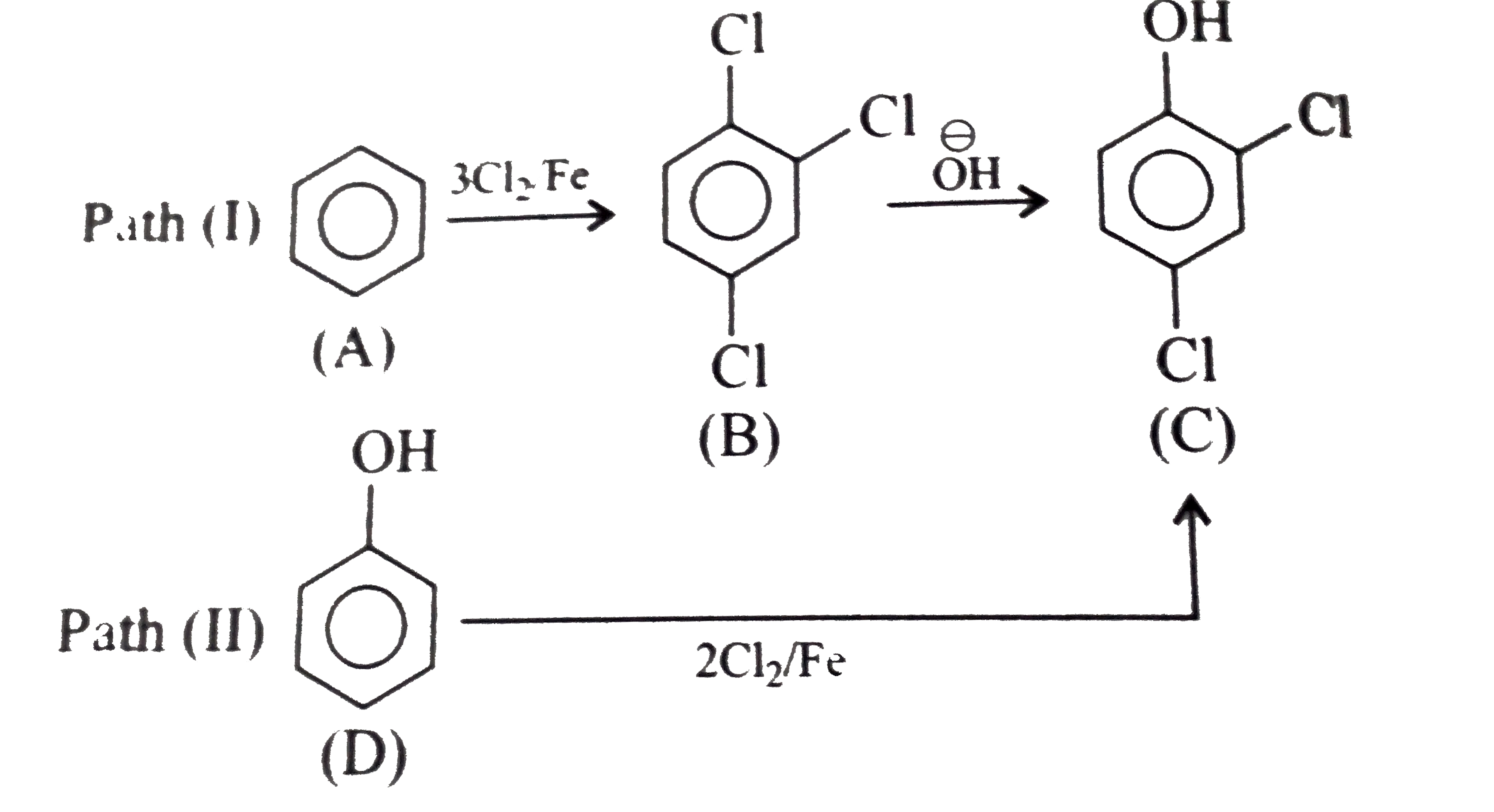Which of the following is/are correct about Charles's law?
A
(∂V/∂T)P=Constant
B
V∝T at constant P and n
C
V∝P at constant T, n
D
V∝T is constant at constant P, n
Video Solution
Text Solution
Charles's law, V∝T
|
Topper's Solved these Questions
- STATES OF MATTERBOOK - CENGAGE CHEMISTRYCHAPTER - STATES OF MATTEREXERCISE - Exercises (Single Correct)
85 Videos
- STATES OF MATTERBOOK - CENGAGE CHEMISTRYCHAPTER - STATES OF MATTEREXERCISE - Exercises (Assertion-Reasoning)
24 Videos
- STATES OF MATTERBOOK - CENGAGE CHEMISTRYCHAPTER - STATES OF MATTEREXERCISE - Exercises (Linked Comprehensive)
48 Videos
- SOME BASIC CONCEPTS AND MOLE CONCEPTBOOK - CENGAGE CHEMISTRYCHAPTER - SOME BASIC CONCEPTS AND MOLE CONCEPTEXERCISE - Archives Subjective
11 Videos
- STOICHIOMETRYBOOK - CENGAGE CHEMISTRYCHAPTER - STOICHIOMETRYEXERCISE - Archives Subjective
33 Videos
Similar Questions
Knowledge Check
Which of the following are correct about Charles' law?
A(∂V/∂t)P= constantBV∝P at constant P and nCV∝P at constnat T,nDV∝1/T at constant P,nWhich of the following is correct about the following?
AThe sepoys were told to go to Burma, but refused to follow the orderBThe sepoys were severely punished In 1856 and the company passed a new law regarding thisCThe peasants and zamindars resented the high taxes and the rigid methods of revenue collectionDAll of the aboveWhich of the following statements is/are correct about the following is/are correct about the following reactions ?
 ABoth paths I and II are feasible.BPath I is feasible.CPhenol cannot be chlorinated the ring is susceptible to oxidation by CI2.DThe formation of (C ) form (B) proceeds by ArSN reaction (addition-elimination).
ABoth paths I and II are feasible.BPath I is feasible.CPhenol cannot be chlorinated the ring is susceptible to oxidation by CI2.DThe formation of (C ) form (B) proceeds by ArSN reaction (addition-elimination).
Which of the following statements is true about Charles Darwin?
View SolutionRate law expression of a reaction is :
Rate = k[A]2/3[B]
Which of the following are correct about the corresponding reaction ?
View SolutionAt constant pressure which of the following does not represent Charle's law?
View SolutionWhich of the following expressions represents Charles' law?
View SolutionWhich of the following is not correct for Boyle's Law at 27∘C ?
View Solution
